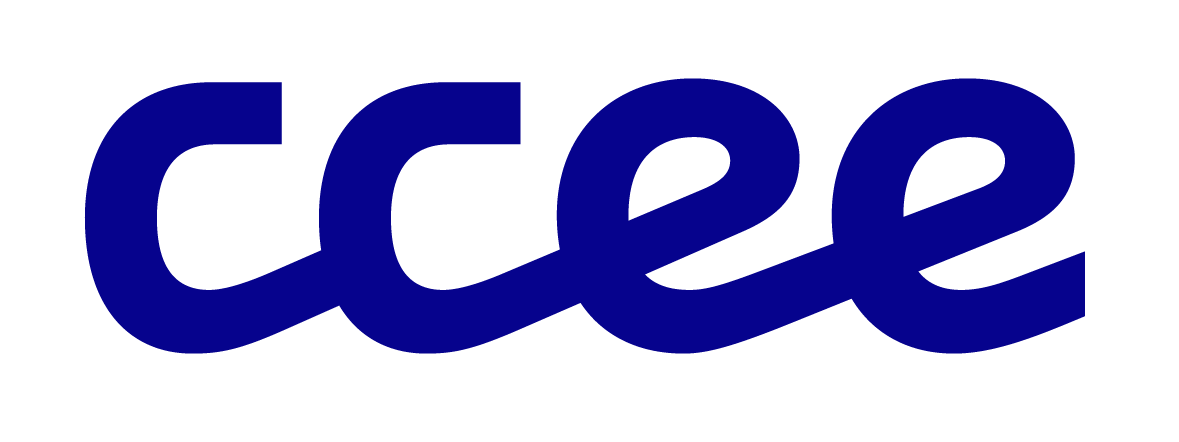
H2 Certification – SCH2 EU RFNBO Scheme
Countries, companies, cities, and consumers are accelerating action to cut carbon. In Brazil, the electricity sector plays a key role—expanding renewable generation and enabling renewable hydrogen and e‑fuels that decarbonize industry and transport.
CCEE has been working with energy certification since 2015 (e.g., the Selo Verde) and now operates the CCEE SCH2 EU RFNBO Scheme for Renewable Fuels of Non‑Biological Origin. The scheme aligns with EU rules (RED III), and it is currently under evaluation by the European Commission for formal recognition. CCEE provides the certification scheme, and audits are conducted by independent, approved certification bodies (CBs).
Our goal is clear: give producers, traders, and users a reliable way to certify renewable hydrogen and its derivatives to the European market — backed by transparent rules, independent audits, and clear market claims.
.
why this matters
- Adds product value: distinguishes the carbon content and origin of hydrogen and e fuels;
- Opens markets: helps meet EU requirements for RFNBO compliance;
- Enables new business models: supports fertilizers, steel, cement, transport, heating, and more;
- Builds trust: clear tracking (mass balance), verified GHG values, and public transparency.
.
latest news
Since 2021, CCEE has coordinated a Working Group dedicated to hydrogen certification, bringing together professionals from across the H₂ value chain. The goal is to foster dialogue among the sector’s various stakeholders and promote the development of a low-emission hydrogen market in Brazil.
The initiative seeks to connect experts and convene all interested parties in the sector to consolidate technical knowledge and contribute proposals that help build a sustainable, safe, and competitive ecosystem for the country.
Recently, we published the renewable-energy share by submarket, calculated using the EU methodology. This information is crucial for project developers’ confidence in RFNBO certification in Brazil. The consulting firm HINICIO has reviewed the methodology and results for the Northeast submarket for the purpose of RFNBO pre certification. For more information, please access the following document:
.
certification process
Certification under CCEE SCH2 EU RFNBO Scheme follows three main steps. Economic Operators first complete Initial Registration with CCEE, then undergo an independent Audit Process that—if successful—issues a Certificate of Conformity. With the certificate, the EO may make sustainable claims and market Certified product as RFNBO.
.
pre- certification
Through pre-certification, we offer hydrogen and derivative producers the confidence that the project will be fully in compliance with RFNBO.
- Pre-certification reduces risk in securing the necessary sustainability attributes, supports investor and offtaker reliability with a clear proof point, and helps access the buyer market;
- It serves as a test run for the complete certification process, helping facilities prepare for the initial audit at the start of commercial production, preferably during the pre-FEED or FEED stage.
Deliverables:
- Report with refined roadmap: Insights into adjusting the H2 plant development plan according to the SCH2 EU RFNBO Scheme criteria;
- Aligned stakeholders: a briefing to ensure internal support and understanding of the certification process.
.
.
partner consultancies for pre-certification
CCEE has trained partner consultancies to conduct pre‑certification service under the SCH2 EU RFNBO Scheme. Below is the list of firms and their contact details.

.
training

CCEE Academy
Access the available trainings on the CCEE Academy portal.
CCEE SCH2 contact
We value open communication and are committed to providing prompt and accurate responses to your inquiries.
Whether you require additional information about our operations, need support, or wish to explore collaboration opportunities, our team is ready to assist you.
If you have any questions, please send an email to atendimento@ccee.org.br



